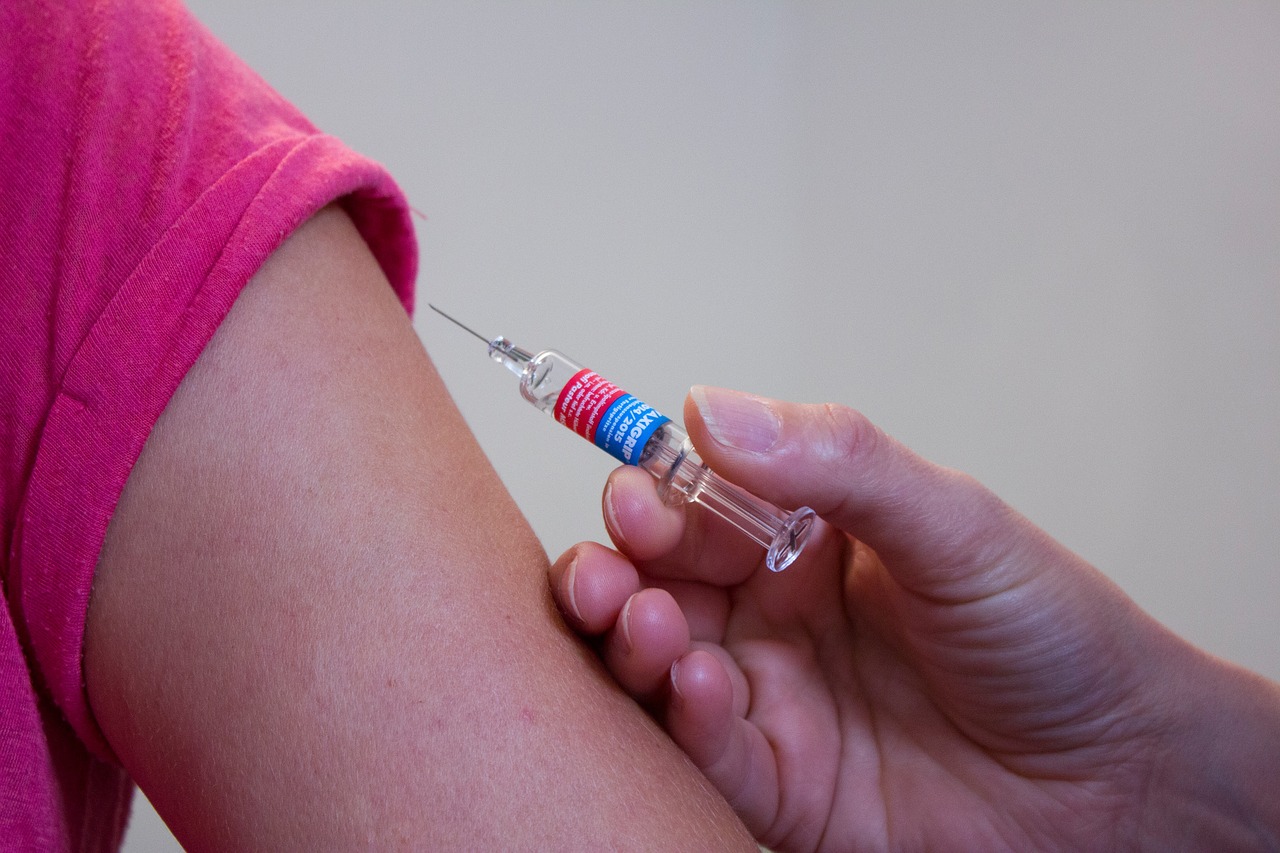
There is an amazing relationship that commences from the first moment you conceive your baby. Of course, there is the emotional response to celebrate; at long last- You are finally carrying the little human being you have worked so diligently and hard to bring into the world.
Physiologically speaking, there are equally powerful relationships set in motion as you begin to share – literally – everything you are with your baby. You share blood, hormones, nutrients, hydration – – and you share antibodies.
The Importance of Vaccinations For Pregnant Women & Their Unborn Babies
The thing about antibody sharing is that it doesn’t last forever. While your placenta acts as an immunological barrier between your bodies and many bacteria – it only passes antibodies that protect the baby for a short time – typically about eight weeks.
That being said, that protection is crucial because the combination of antibodies the baby receives in utero – combined with the antibodies it will receive from your breastmilk –provides significant protection until that 8-week point when the baby’s immune system is strong enough to begin receiving vaccines.
Here at RRC, we recommend that women trying to get pregnant bring their vaccination cards to their OB appointment. Your doctor will be review it and see where there are any gaps. Certain vaccines we’ll recommend updating now – such as the MMR (measles, mumps and rubella). These are best given at least one month prior to conceiving. Others, like the Tdap vaccine (Tetanus, diphtheria and pertussis), we prefer to administer while you are pregnant to better safeguard your baby.
Vaccinations are designed to protect you and your baby from more than a dozen potentially harmful or even deadly diseases:
- Diphtheria
- Whooping cough (pertussis)
- Chicken Pox (varicella)
- Hepatitis A
- Hepatitis B
- Measles
- Mumps
- Rubella
- Hib
- Pneumococcal
- Polio
- Rotavirus
- Flu (influenza)
- Tetanus
We also recommend pregnant women observe the seasonal flu shot schedule.
Depending on your job, your travel history or planned travel, and family medical history, your doctor may recommend additional vaccines. You can read more about vaccines, pregnancy and early childhood at the CDC website.
Have questions about vaccines and your fertility treatment schedule? Feel free to contact RRC.
Pregnancy and Your Immune System
In the meantime, here are some interesting facts about pregnancy and your immune system.
Pregnancy provides temporary relief from certain medical conditions
Everyone knows that a new pregnancy can bring its fair share of discomforts such as morning sickness, fatigue, an aching back and swollen ankles. Some women, however, experience relief from chronic medical conditions. The pregnancy hormones produced by the body – many of which affect the body like steroids – can help alleviate the symptoms of psoriasis (an itchy skin condition) and even muscular sclerosis (MS).
Alas, these conditions often spring back within about four months after the baby is born, but there is some evidence indicating breastfeeding might help to keep symptoms at bay even longer. Rheumatoid arthritis is another condition that often takes the backburner during pregnancy. In this case, though, experts think it’s more of a signal-blocking mechanism, rather than hormones, that do the trick.
Breastfeeding boosts the baby’s immune system
While we’ve known that breastmilk is powerful stuff, laden with all kinds of ingredients your baby needs, only recently have we realized how individualized breastfeeding really is. A woman’s breastmilk unarguably responds directly to her baby’s direct requitments – including his/her immunological ones. When your baby is sick or fighting off allergies, bacteria or viruses – your breastfeeding body will pick up on clues (probably pheromone-based) and respond by producing, and then delivering, the antibodies your baby “requests” to boost its immune system.
Vaginal deliveries are best if you can
We’ve now learned that the flora and fauna found in the birth canal are related to baby’s immune health. While in labor, and during the baby’s passage through the vagina, bacteria and other microbes ingested by the baby begin to colonize in its gastro-intestinal tract, helping to beef up its post-birth digestive processes.
Studies have shown that babies who are born via C-sections take as long as 6-months to have fully-developed microbial colonies in their gut, whereas babies born vaginally have a complete gut microbe colonies by then end of the first month. Scientists also say well-rounded microflora in the infant’s gut help to prevent the onset of GI issues, like irritable bowel syndrome (IBS) and also help with processing carbohydrates and interacting with the immune system.
The healthier you are, the healthier your baby will be – and that’s why we make it a point to ensure you are well-informed about vaccinations both before, during and after pregnancy. Have questions about current vaccination schedules? Don’t hesitate to ask RRC at your next appointment.
pixabay.com
 Patient Portal
Patient Portal
